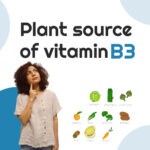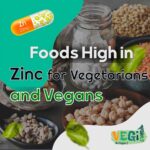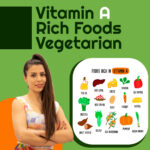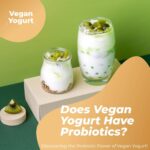Does Vegan Collagen Work Get the Facts+ Natural Alternatives
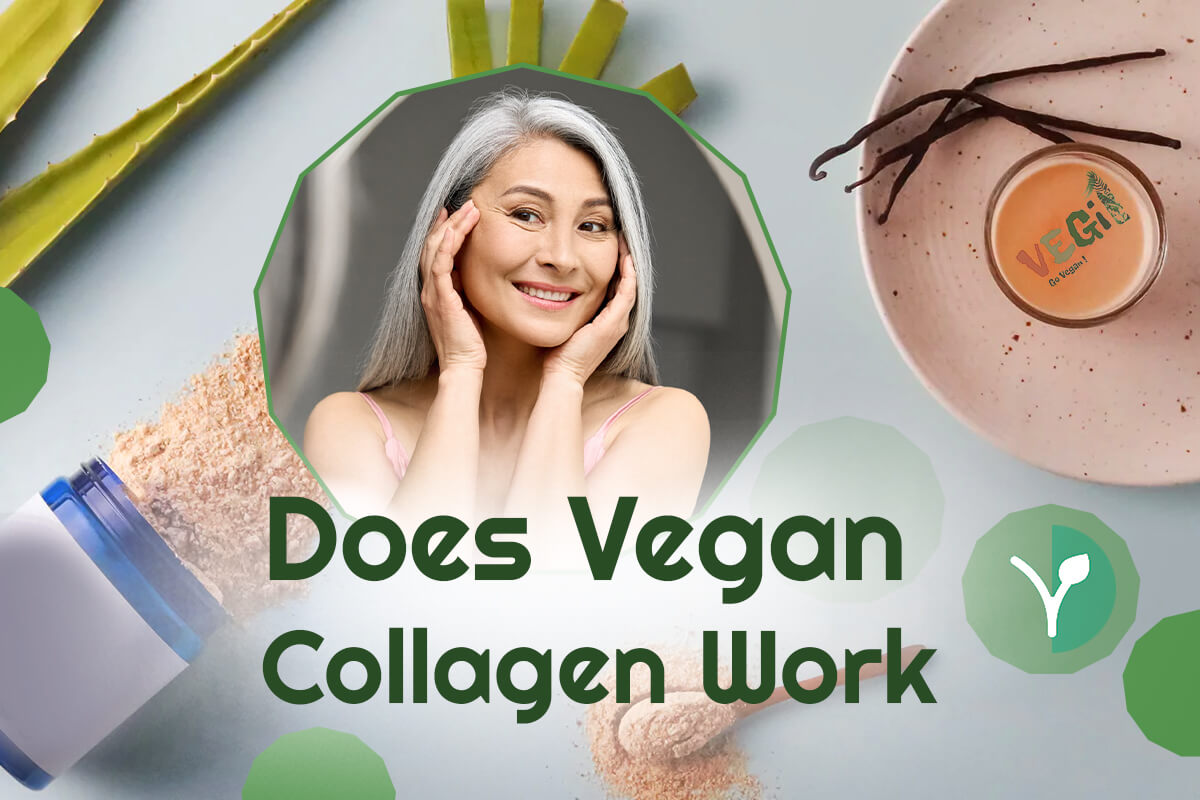
Vegan collagen is an exciting new way to get your daily dose of collagen without consuming animal products. With the increasing popularity of veganism, many people are looking for ways to get their nutrients without relying on meat or dairy products. Collagen is an essential protein for healthy skin, bones, and joints, and it’s also important for muscle growth and strength. But is vegan collagen really effective? In this blog post, we’ll explore the different types of vegan collagen, its benefits, and how to choose the best vegan collagen for your needs.
In this article you will read:
What is Vegan Collagen and Is It Really Effective?
Collagen, the most abundant protein in our bodies, plays a vital role in maintaining the health and strength of our connective tissues, skin, and joints. It provides structural support and elasticity and helps with tissue regeneration. Traditionally, collagen has been sourced from animal-based ingredients like bones and skin, which raises ethical concerns for many vegans. However, with the growing popularity of veganism, a wonderful alternative has emerged—vegan collagen.
Vegan collagen is derived from plant sources, such as fruits, vegetables, and algae. It is made from plant proteins broken down into small amino acid chains and recombined to form a vegan-friendly collagen peptide. Collagen peptides are small proteins easily absorbed by the body and are used to support the growth and repair of tissues, such as skin, bones, and joints.
It offers a cruelty-free and sustainable option for those looking to get their daily dose of collagen without consuming animal products.
Animal-Based Collagen
Animal-based collagen is derived from animals like cows, pigs, and fish and is made from their bone, skin, and connective tissues. To produce animal-based collagen, the animals’ connective tissues are boiled in water for about 24 hours to form a gelatinous solution. The solution is then filtered and dried to form collagen powder, which can be used to make supplements.
Unfortunately, This is morally wrong and harmful to our health because it can be allergenic and cause adverse reactions in certain people.
Additionally, it may carry the risk of transmitting diseases or contaminants present in the animal source.
Luckily, there are fantastic alternatives available. Plant-based options like vegan collagen supplements and collagen-boosting foods allow us to support our bodies without contributing to animal exploitation.
Let’s embrace a kinder and more compassionate approach by choosing vegan collagen alternatives that align with our values and promote overall well-being.
The Science Behind Vegan Collagen
Plant-based collagen is an exciting new development in the world of skincare and beauty. This revolutionary ingredient is manufactured from plant-based sources like seaweed, rice, and peas, and it has been proven to be just as effective as the collagen derived from animal sources.
It is a great alternative for those who want to avoid animal products and consume vegan-friendly options.
Vegan collagen is carefully formulated using plant-derived ingredients that stimulate collagen production in our cells.
These plant-based ingredients are rich in amino acids, vitamins, and minerals that support collagen synthesis.
Vegan collagen provides the necessary building blocks for our bodies to produce collagen independently and naturally.
First, the collagen molecules from the various plant sources are extracted and purified. Then, they are combined with other ingredients like hyaluronic acid, vitamin C, and other natural compounds. The mixture is then heated and cooled, creating a protein-rich serum full of essential nutrients.
Once formulated, this serum can be used in a variety of skincare and beauty products, providing users with a plant-based alternative to animal-derived collagen. With plant-based collagen, you can still get the same anti-aging benefits as traditional collagen, just without the animal-sourced ingredients.
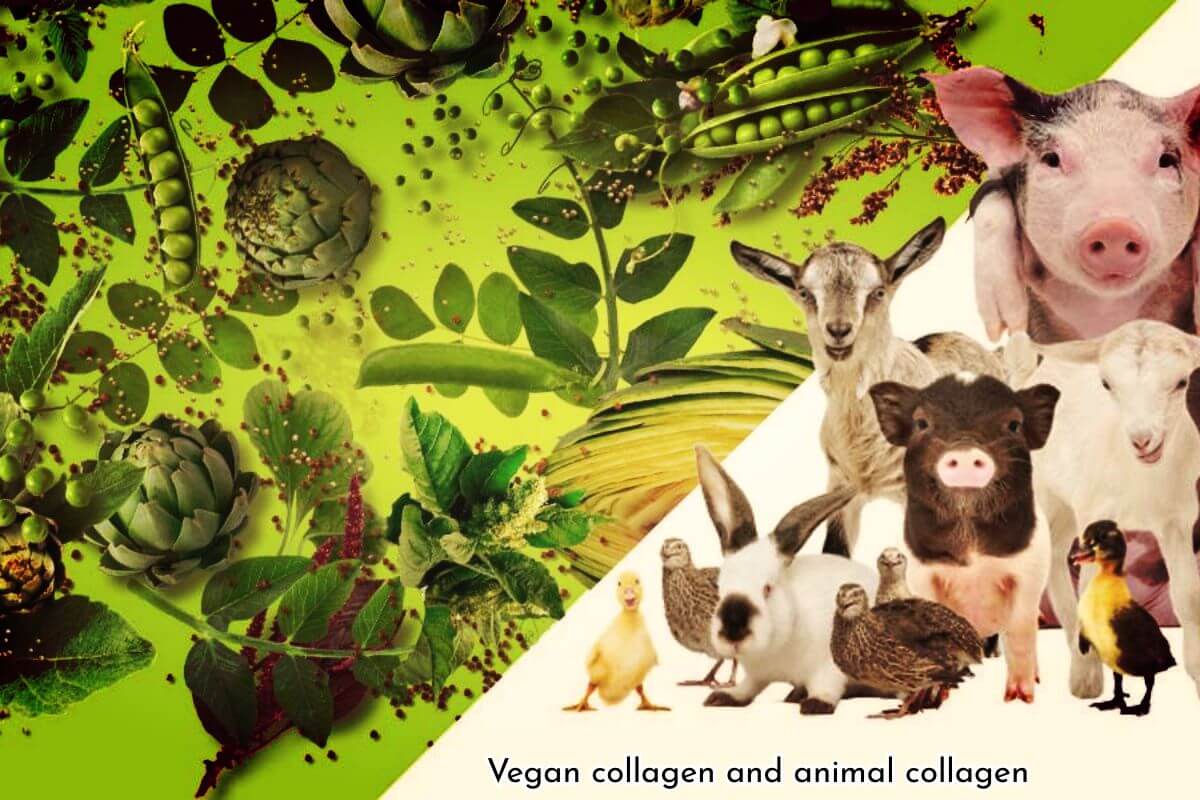
What Are the Benefits of Vegan Collagen?
When it comes to collagen, vegans, and vegetarians don’t have to feel left out. In recent years, vegan collagen has become increasingly popular as an alternative to animal collagen.
There are several potential benefits of taking vegan collagen. Since it is made from plant proteins, it is easier for your body to absorb and can help to promote healthy skin, bones, and joints. Additionally, vegan collagen can help to support muscle growth and strength. It can provide the daily dose of collagen needed for healthy skin and hair.
Vegan collagen can also help to reduce inflammation. It may even help to reduce the appearance of wrinkles and other signs of aging. Additionally, vegan collagen can help to improve gut health, provide energy and improve mental clarity.
Vegan collagen vs animal collagen which one is better
- Ethical Considerations:Vegan collagen provides a cruelty-free alternative for individuals who avoid animal-derived products. By opting for vegan collagen, you can support your collagen needs without contributing to the exploitation or harm of animals.
- Sustainability: Vegan collagen is often derived from plant-based sources, such as fruits, vegetables, and algae. These sources are renewable and can be produced more sustainably, reducing the environmental impact associated with animal agriculture.
- Nutrient Diversity: Plant-based collagen sources offer a variety of nutrients and antioxidants alongside collagen-specific amino acids. This nutrient diversity can contribute to overall health and well-being, providing additional benefits beyond collagen support.
- Stimulates Natural Collagen Production: Rather than directly supplying collagen to the body, vegan collagen products typically contain ingredients supporting the body’s collagen production. This approach promotes long-term collagen synthesis and encourages a natural and sustainable process within the body.
- Lower Allergenic Potential: Animal collagen may risk some individuals’ allergies due to its animal-derived nature. Vegan collagen, derived from plant sources, generally carries a lower risk of allergic reactions, making it a safer option for those with sensitivities.
- Versatile Applications: Vegan collagen can be used in various ways, just like animal-based collagen. It can be incorporated into skincare products, dietary supplements, and functional foods, offering flexibility in how you incorporate collagen into your routine.
- Health and Beauty Benefits: Vegan collagen is known to support skin elasticity, hydration, and joint health, similar to animal collagen. By opting for a plant-based alternative, you can achieve these desired benefits without compromising your ethical beliefs.
What Are the Different Types of Vegan Collagen?
The most common types of vegan collagen are vegan collagen peptides, collagen powders, and vegan collagen pills. Vegan collagen peptides are small proteins easily absorbed by the body. They are used to support the growth and repair of tissues, such as skin, bones, and joints.
Vegan collagen powders are a convenient way to get your daily dose of collagen, as they can be easily added to smoothies, oatmeal, and other foods. Vegan collagen pills are also an easy way to get your daily dose of collagen, as they can be taken with meals.
The Benefits of Collagen Peptides
Collagen peptides are small proteins easily absorbed by the body and are used to support the growth and repair of tissues, such as skin, bones, and joints. Collagen peptides can also help to reduce inflammation, promote healthy skin and hair, and support muscle growth and strength. Additionally, collagen peptides can help to improve gut health, provide energy and improve mental clarity.
Collagen Peptides vs. Animal-Based Collagen
I am always on the lookout for plant-based alternatives to conventional animal-derived products.
I have found that collagen peptides derived from plant sources are an excellent option.
These plant-based collagen peptide alternatives are often derived from ingredients like fruits, vegetables, and algae. They provide the same benefits as animal-based collagen, such as supporting skin elasticity and joint health, without animal exploitation.
Plus, they are rich in other essential nutrients and antioxidants, contributing to overall well-being.
Switching to vegan collagen peptides allows me to prioritize my health and ethical values.
My personal experiences on the benefits of taking vegan collagen:
Supporting skin health, elasticity, and hydration:
When I first incorporated vegan collagen into my daily routine, I was pleasantly surprised by the positive changes I noticed in my overall well-being. One of the most significant benefits I experienced was improving my skin health. Vegan collagen played a crucial role in enhancing the elasticity and hydration of my skin, leaving it looking radiant and youthful. The fine lines and wrinkles that used to concern me started to diminish, giving way to a smoother and more vibrant complexion.
Vegan collagen has become my go-to secret for maintaining healthy, youthful-looking skin. The combination of essential amino acids and nutrient-rich plant sources in vegan collagen provides my skin with the building blocks to support its health, elasticity, and hydration.
Since incorporating vegan collagen into my daily routine, I have noticed that my skin feels more supple, plump, and well-hydrated.
I can see the radiance and glow returning to my skin each day.
Improving joint health and flexibility:
I sat behind the laptop most of the time, and it was very difficult to move, especially when I was exercising; I got tired quickly.
Taking plant collagen helped strengthen and protect my joints
I have noticed a significant improvement in my mobility, allowing me to move freely and effortlessly. Whether going for a run, practicing yoga, or simply enjoying outdoor adventures, vegan collagen has become my trusted ally in maintaining strong, flexible joints.
Vegan collagen has been instrumental in supporting my joint health and ensuring I can engage in my favorite physical activities without discomfort.
Additional health benefits associated with vegan collagen consumption:
The benefits of vegan collagen extend beyond just skin and joint health. Incorporating plant-based collagen alternatives into my diet has provided me with additional health benefits contributing to my overall well-being.
Vegan collagen is often rich in antioxidants, which help to fight against oxidative stress and support a healthy immune system. These antioxidants, combined with the nutrients found in vegan collagen, promote a vibrant complexion, healthy hair, and strong nails.
Moreover, vegan collagen can contribute to gut health, as it often contains prebiotic fibers that nourish beneficial gut bacteria.
Natural ways to boost collagen production:
I have discovered several strategies that work wonders for supporting collagen synthesis.
Consuming a diet rich in vitamin C is essential, as it is a vital nutrient for collagen production. Including foods like citrus fruits, berries, and leafy greens can provide abundant vitamin C.
Maintaining a balanced diet that includes adequate protein, healthy fats, and essential vitamins and minerals is crucial.
Regular exercise, especially activities that involve weight-bearing movements, can stimulate collagen production. Finally, reducing stress levels and getting quality sleep plays a significant role in supporting collagen synthesis.
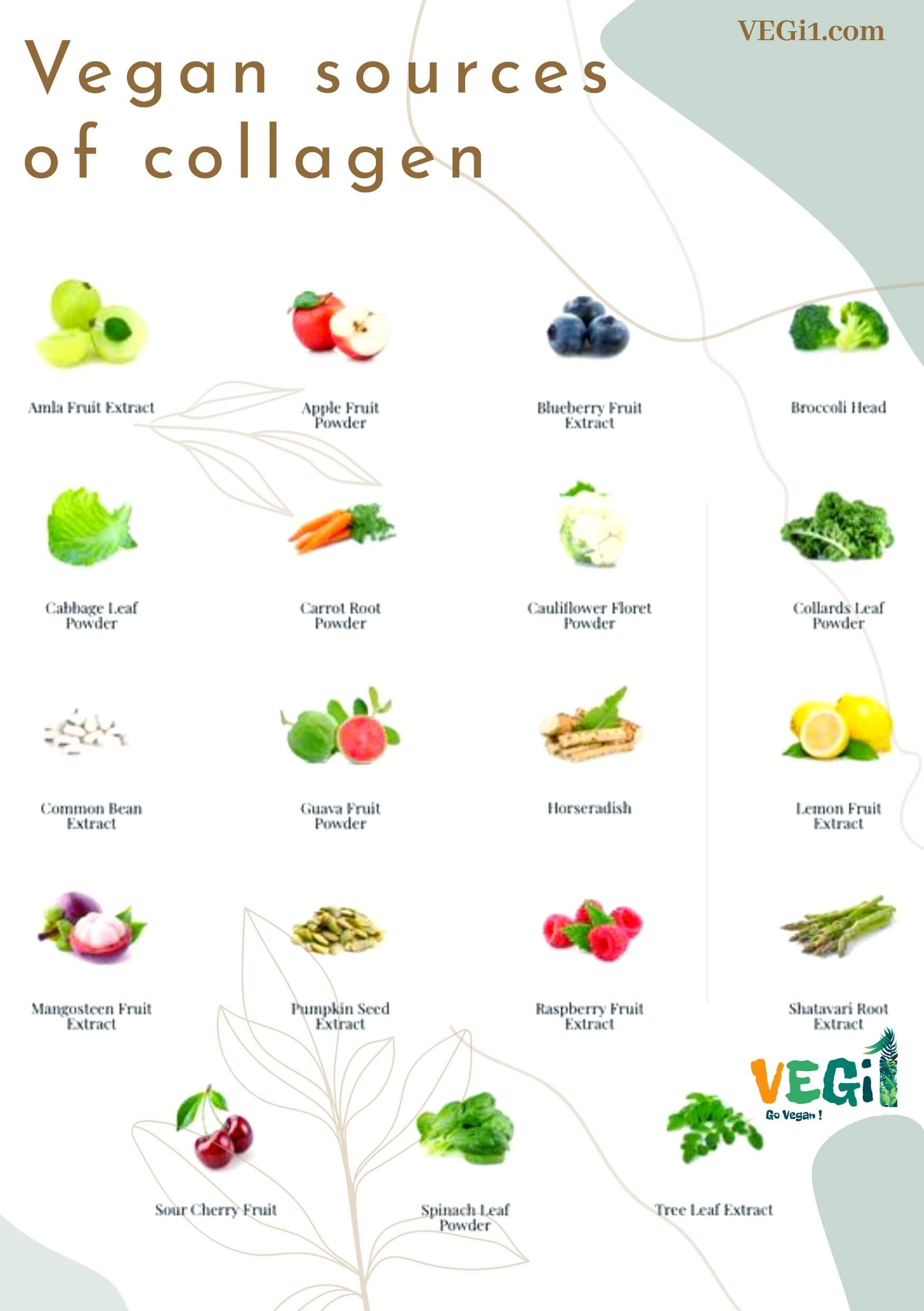
What are foods rich in plant collagen?
Plant collagen-rich foods are those that are packed with skin-nourishing nutrients like collagen. Collagen is the most abundant protein in the human body. It is responsible for providing structure and elasticity to the skin.
Plant collagen-rich foods are a great way to support your body’s natural collagen production. Collagen is an important protein found in our skin, hair, bones, and joints, and it’s essential for keeping us healthy and strong.
Unfortunately, collagen production decreases as we age, so it’s important to eat rich foods. But luckily, there are plenty of plant-based foods that can help boost collagen production.
, such as vegetables, fruits, nuts, beans, legumes, seeds, and grains. In addition to these sources, some foods are specifically designed to support collagen production, such as collagen-boosting supplements,, and collagen-rich foods like kiwi, kale, and avocado.
Foods like mushrooms, pumpkin, cabbage, broccoli, and spinach are all rich in nutrients that can help support collagen growth. The best part is that these foods are readily available and can easily be incorporated into your diet.
Eating these foods regularly can help keep your skin looking smooth, supple, and youthful. So don’t forget to add them to your diet!
In this article, I talked about plant sources of calcium. Read here to learn about calcium-rich foods! Vegan Sources of Calcium
5 Vegan collagen recipes and meal ideas
 Collagen-Boosting Berry Smoothie Bowl
Collagen-Boosting Berry Smoothie Bowl
Start your day with this delicious, collagen-boosting smoothie bowl with antioxidant-rich berries. In a blender, combine frozen mixed berries, a ripe banana, a handful of spinach, a scoop of vegan collagen powder, and your choice of plant-based milk. Blend until smooth and creamy. Pour the mixture into a bowl and top it with sliced fresh berries, granola, and a drizzle of almond butter. This refreshing bowl not only provides a burst of flavor but also helps promote glowing skin and supports collagen production naturally.
 Roasted Chickpea and Quinoa Salad
Roasted Chickpea and Quinoa Salad
Boost your collagen levels with this nourishing salad that combines protein-rich ingredients and collagen-boosting veggies. Start by roasting chickpeas in the oven with a sprinkle of paprika and sea salt until crispy. In a separate pot, cook quinoa according to package instructions. Once cooked, let it cool. Combine the roasted chickpeas, cooked quinoa, diced cucumber, cherry tomatoes, chopped red onion, and fresh parsley in a large bowl. Drizzle with a dressing made from lemon juice, olive oil, Dijon mustard, and maple syrup. Toss everything together and enjoy a protein-packed, collagen-supporting meal.
 Silky Chocolate Avocado Mousse
Silky Chocolate Avocado Mousse
Indulge in a decadent dessert that satisfies your sweet tooth and helps promote healthy skin and collagen production. Combine ripe avocados, unsweetened cocoa powder, a splash of plant-based milk, a natural sweetener like maple syrup or dates, and a scoop of vegan collagen powder. Blend until smooth and creamy. Pour the mixture into serving bowls and chill in the refrigerator for an hour. Top with coconut whipped cream and a sprinkle of cocoa nibs for added crunch.
 Citrus and Kale Vitamin C Salad
Citrus and Kale Vitamin C Salad
Boost your body’s collagen production with a vibrant salad bursting with vitamin C-rich ingredients. Start by massaging kale leaves with fresh lemon juice to soften them. Then, add segments of grapefruit, orange, and sliced strawberries to the kale. Sprinkle with a handful of pumpkin seeds for added crunch and omega-3 fatty acids. Toss the salad with a light dressing made from olive oil, apple cider vinegar, a touch of Dijon mustard, and a sprinkle of sea salt. This refreshing salad provides the nutrients needed to support collagen synthesis
 Turmeric-Ginger Golden Milk Latte
Turmeric-Ginger Golden Milk Latte
Indulge in a soothing and collagen-boosting latte that is both delicious and nourishing. In a small saucepan, heat a cup of plant-based milk (such as almond or oat milk) with a teaspoon of turmeric powder, a thumb-sized piece of grated ginger, a pinch of cinnamon, and a touch of maple syrup. Stir well and heat until warm. Pour the golden milk into a mug and sprinkle a bit of black pepper on top to enhance the absorption of turmeric’s benefits.
Lifestyle Factors That Contribute to Collagen Production:
Lifestyle factors play a significant role in supporting collagen production. I’ve found that incorporating certain habits into my daily routine has made a noticeable difference in my skin’s health and overall well-being.
One crucial lifestyle factor is maintaining a healthy and balanced diet. I prioritize consuming nutrient-rich foods that are known to support collagen synthesis, such as fruits, vegetables, lean proteins, and healthy fats.
One crucial factor that contributes to collagen production is regular exercise. Engaging in physical activities like strength training and yoga stimulates collagen production, promoting its synthesis and strengthening the connective tissues in our body.
Another factor to consider is protecting our skin from harmful UV rays. Sun exposure can accelerate collagen breakdown, leading to premature aging and reduced collagen production. By practicing sun safety measures such as wearing sunscreen, seeking shade, and wearing protective clothing, you can preserve the collagen levels in your skin and maintain a youthful appearance.
Stress management is also crucial for collagen health. Chronic stress can negatively impact collagen production, contributing to the breakdown of collagen fibers.
Another important aspect is staying hydrated. I make sure to drink an adequate amount of water each day to keep my skin hydrated from within. Proper hydration helps maintain the skin’s elasticity and suppleness, promoting collagen production.
Additionally, getting quality sleep plays a significant role in collagen synthesis. During sleep, our body goes through a repair and regeneration process, including collagen production. You can support the body’s natural collagen-building process by prioritizing a good night’s sleep and establishing a consistent sleep routine.
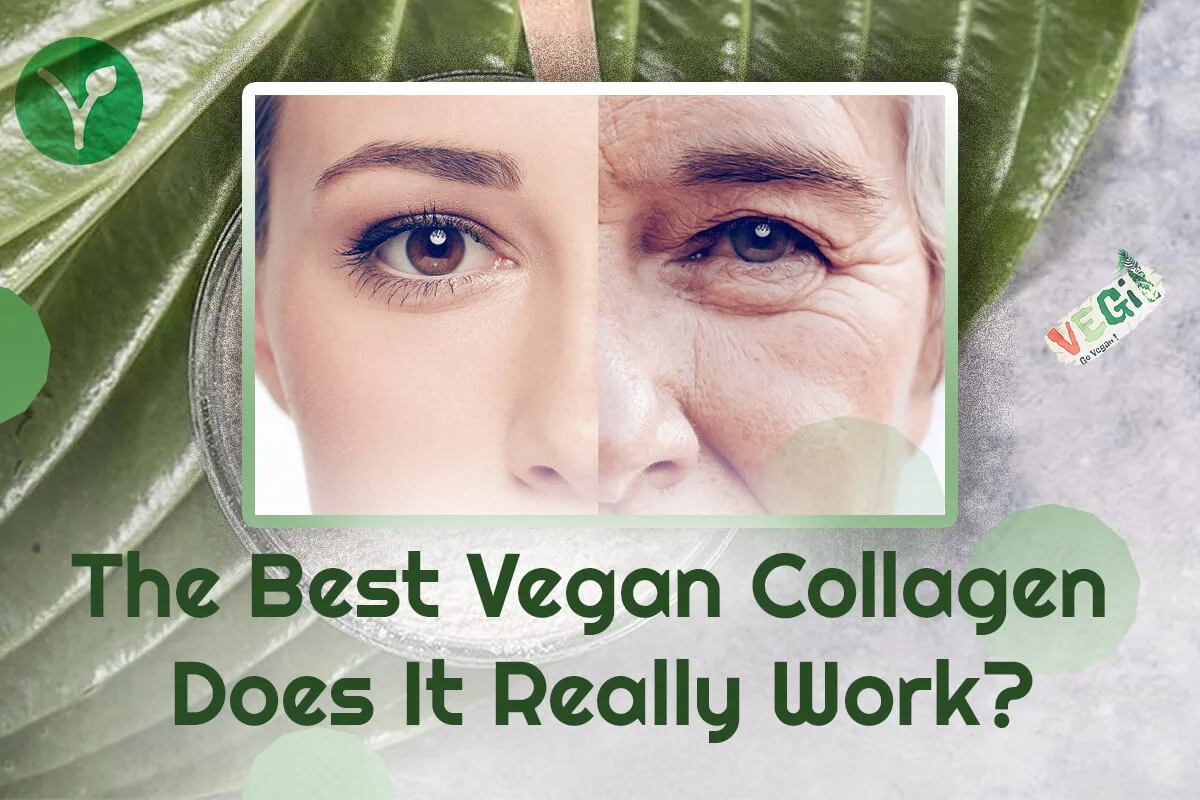
How to restore collagen in the face
Plenty of vegan and plant-based options like leafy greens, nuts, and seeds can help increase the collagen in your face and leave you looking younger and more vibrant. For starters, try incorporating vegan collagen into your diet.
It’s easy to find vegan collagen supplements or vegan collagen-rich foods.
Plant-based collagen products like serums, creams, and masks can also be used. These products help to nourish the skin and help support collagen production. Additionally, some lifestyle changes can help you restore collagen in your face.
Ensure you get enough sleep, drink plenty of water, eat a healthy diet, and exercise regularly. These things can all help to maintain good collagen levels in your face and make you look younger.
So don’t be intimidated; plenty of ways to restore collagen in your face exist. You can look and feel your best with the right products and lifestyle changes!Get to know plant sources rich in vitamin C : Vitamin C Rich Foods for Vegetarians
How to Choose the Best Vegan Collagen
When choosing the best vegan collagen, it is important to look for products made with high-quality ingredients and free from chemicals, additives, and artificial ingredients. Additionally, look for products sourced from sustainable sources and third-party tested for purity and safety.
It is also important to consider what type of collagen you want to take. Vegan collagen peptides are a popular option, as they are easily digested and absorbed by the body. Additionally, look for vegan collagen powders or pills, depending on your preference.
Look for certifications from reputable organizations to ensure you’re purchasing a reliable and trustworthy product. Certifications like Vegan Society, Certified Vegan, or USDA Organic indicate that the product meets strict standards and contains no animal-derived ingredients.
Additionally, check for third-party testing and quality assurance measures to ensure the product is free from contaminants.
Reading customer reviews and checking for transparency in ingredient sourcing and manufacturing processes can help you make an informed decision and select a high-quality vegan collagen product.
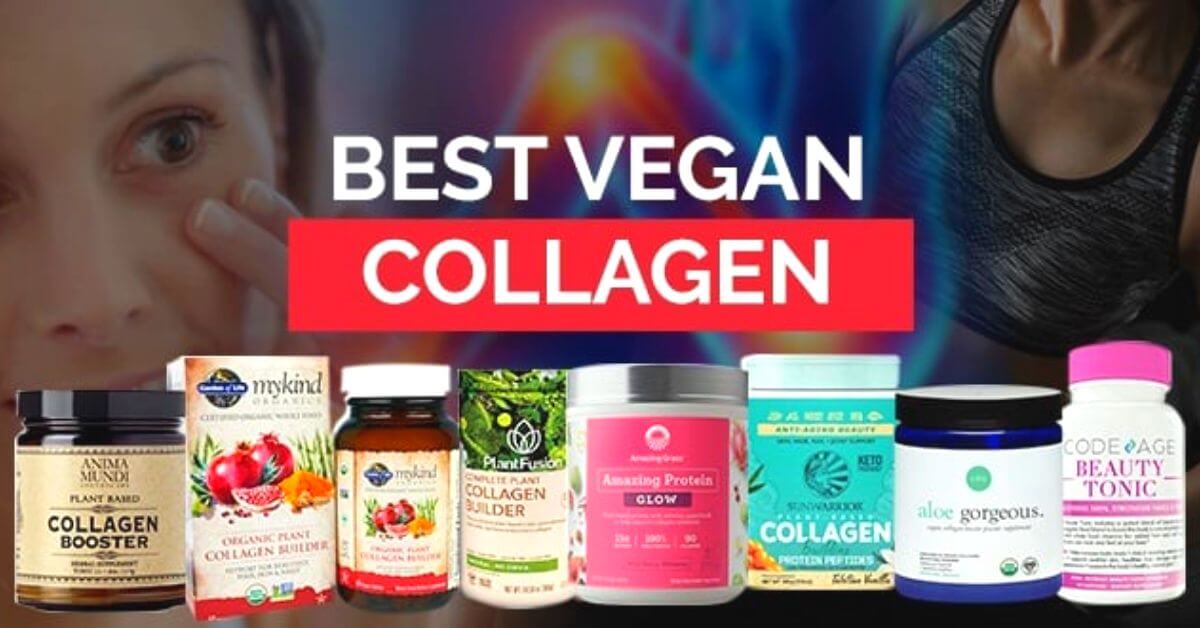
The Best Vegan Collagen Products
Some of the top brands of vegan collagen include:
These vegan collagen capsules are a plant-based collagen supplement that combines organic fruits, vegetables, and superfoods to support natural collagen synthesis. It contains vitamins, minerals, and antioxidants for skin and joint health.
With a recommended dosage of 2 capsules daily, they are easy to incorporate into your daily routine.
Usage Instructions: Swallow the capsules with water before or after a meal.
PlantFusion’s Complete Plant Collagen Builder is a vegan collagen supplement formulated with plant-based protein sources, botanicals, and amino acids. It provides essential nutrients for collagen synthesis, muscle recovery, and healthy hair, skin, and nails. Mix it with water or your favorite beverage and enjoy the benefits of plant-based collagen support.
Garden of Life is a certified organic, non-GMO, and vegan collagen supplement that combines plant-based ingredients like fruits, herbs, and botanicals to support collagen production and promote youthful skin.
Take 2 capsules daily to support natural collagen production and maintain youthful-looking skin.
These Plant-Based Collagen Building Protein Peptides are crafted with organic fermented pea protein and other plant-based ingredients to support collagen synthesis, joint health, and muscle recovery. Mix 1 scoop with your favorite beverage and consume once or twice daily.
Usage Instructions: Blend or shake the powder with your preferred liquid until well combined, and enjoy it as a part of your post-workout routine or any time of the day.
Boost your hair, skin, and nail health with Vegan Collagen Boosting Gummies. These delicious gummies are packed with plant-based ingredients that promote collagen production. Plus, they come with a liquid multimineral supplement containing magnesium, calcium, and MSM for natural sleep support. Instructions for use are simple: take two gummies daily and consume the liquid supplement as directed.
This complete collagen-boosting formula supports the health of your hair, skin, and nails. Enriched with natural Astapure, sourced from 4 mg of H. Pluvialis Astaxanthin, it provides powerful antioxidant protection. With a vegan-friendly formulation, this bundle offers a convenient and ethical way to boost collagen levels. Mix the powder with your favorite beverage or recipe for a collagen-boosting treat.
Are There Any Potential Side Effects of Vegan Collagen?
In general, vegan collagen is considered to be safe for most people. However, adverse side effects are possible, such as digestive issues, headaches, and skin irritation.
Additionally, people with allergies to certain ingredients, such as nuts and soy, should be careful when taking vegan collagen supplements.
It is important to speak to your doctor before taking any type of supplement, including vegan collagen. Additionally, read the label carefully and look for any potential allergens.
How to Incorporate Vegan Collagen Into Your Diet
There are several ways to incorporate vegan collagen into your diet. One of the easiest and most convenient ways is to add vegan collagen to your smoothies, oatmeal, and other foods. Various vegan collagen recipes are available online, such as vegan collagen protein bars, vegan collagen protein shakes, and vegan collagen protein pancakes.
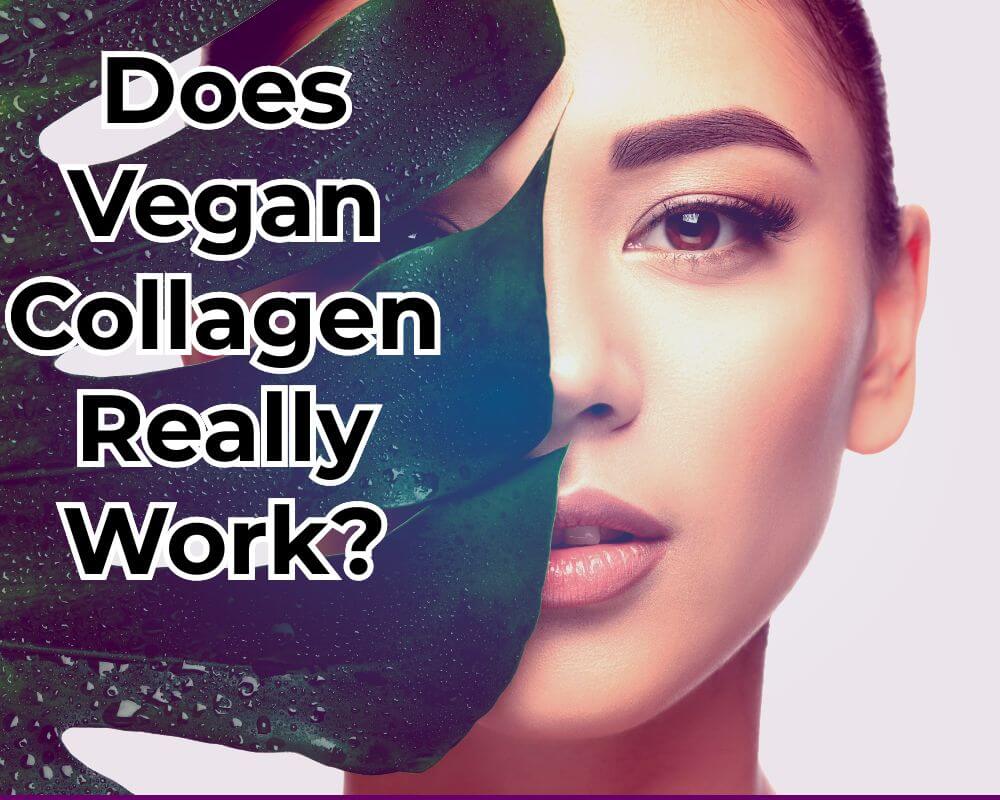
FAQ
Does Vegan Collagen Really Work?
Vegan collagen can benefit those looking to get their daily dose of collagen without consuming animal products. Additionally, vegan collagen can help to reduce inflammation, promote healthy skin and hair, and support muscle growth and strength.
What Are the Sources of Vegan Collagen?
Vegan collagen can be found in various sources, such as nuts and seeds, legumes, fruits, and vegetables. Additionally, a variety of vegan collagen supplements are available on the market, such as vegan collagen peptides, vegan collagen powders, and vegan collagen pills.
Summary and Conclusion
Vegan collagen is an exciting new way to get your daily dose of collagen without consuming animal products. Vegan collagen can be found in various sources, such as nuts and seeds, legumes, fruits, and vegetables. Additionally, a variety of vegan collagen supplements are available on the market, such as vegan collagen peptides, vegan collagen powders, and vegan collagen pills.
If you have experience using vegetable collagens, please introduce the best vegetable collagen brand in the comments and tell us your experience.
Speak to your doctor before taking any supplement, including vegan collagen.


